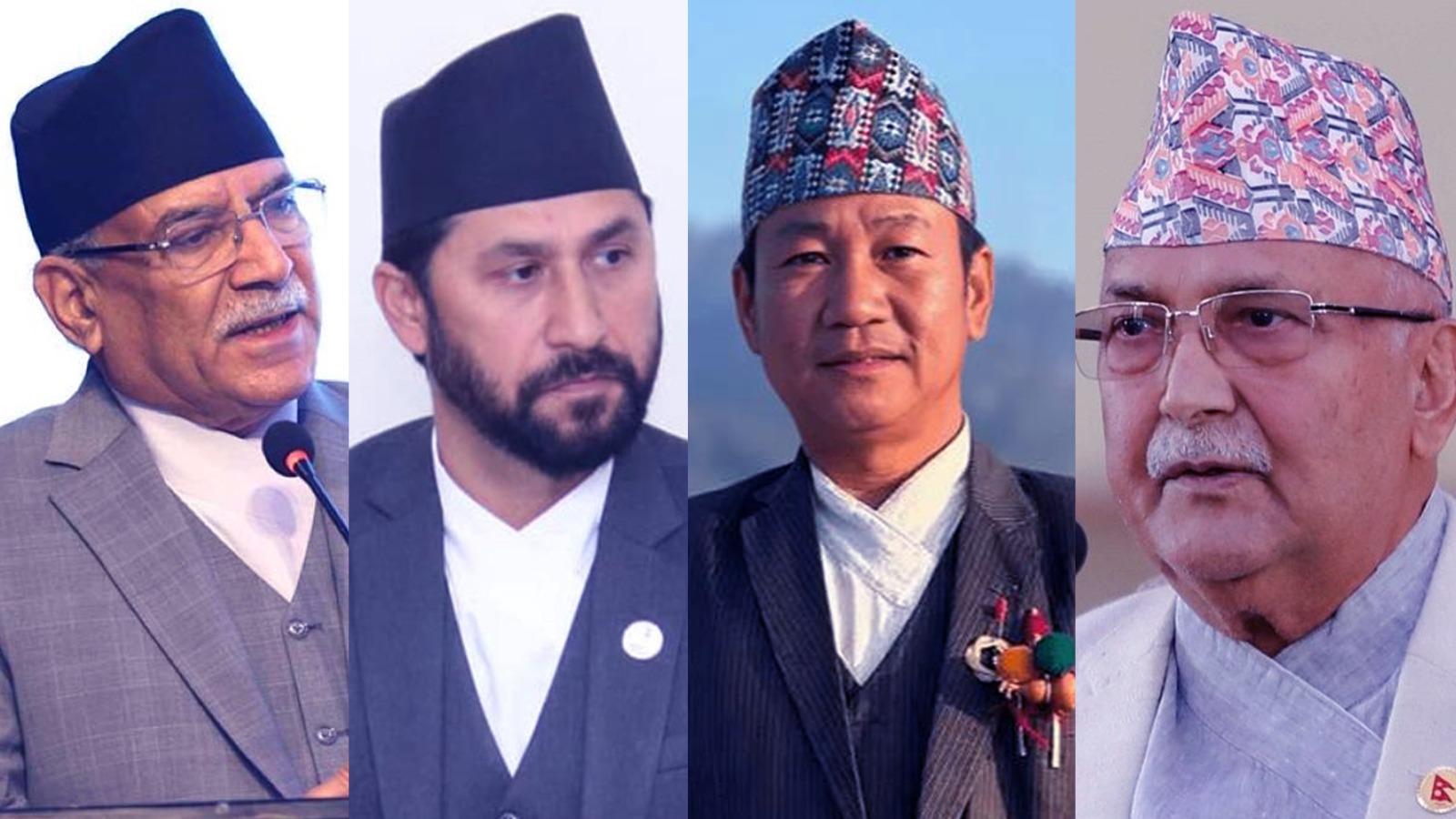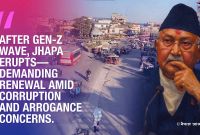Oli Under Digital Siege! Balen, Rabi, Prachanda, and Harka Launch Fierce Online Revolt

Nepal’s sweeping ban on social media under Prime Minister K.P. Sharma Oli has begun reshaping the country’s political dynamics, with intelligence officials now warning that the government faces its most significant “digital threat” not from abroad but from within—specifically from four high-profile leaders: Kathmandu Mayor Balen Shah, former Prime Minister Pushpa Kamal Dahal “Prachanda,” Dharan Mayor Harka Sampang, and Rastriya Swatantra Party chief Rabi Lamichhane.
Since the day the ban was announced, all four leaders have remained highly active on the very platforms declared illegal, using them as tools of defiance. Balen Shah openly mocked the government’s move through a Facebook post, calling the attempt to silence critics meaningless. Prachanda labeled the decision “unconstitutional and undemocratic,” launching a direct attack on Oli’s administration. Harka Sampang highlighted the practical futility of the ban by posting updates almost hourly, while Lamichhane’s supporters mounted a broad campaign against the government across Facebook and YouTube.
From the government’s perspective, this coordinated digital activism amounts to more than individual dissent—it represents a form of organized cyber resistance. That is why high-level security agencies have begun framing it as a “digital threat” to the state. Critics, however, dismiss this as political theater, arguing that Oli is simply recasting his opponents as villains by branding them part of a “cyber army.”
Meanwhile, the ban itself has failed to ease public concerns. Instead, it has disrupted communication between millions of Nepali migrant workers and their families, while exposing the weaknesses of a justice system that struggles with biased policing and poor investigative capacity. Rather than strengthening institutions, shutting down platforms has made law enforcement appear even less effective.
In the short term, Oli’s administration may feel a sense of control. But the defiance of Balen, Prachanda, Harka, and Rabi reveals a deeper reality: Nepal’s strongest opposition to the government no longer marches in the streets—it is mobilizing in the digital arena.
Facebook Social Media



![From Kathmandu to the World: How Excel Students Are Winning Big [Admission Open]](https://nepalaaja.com/img/70194/medium/excel-college-info-eng-nep-2342.jpg)
